How does the male ball valve design enable smooth and effortless on/off operation?
The male ball valve design is a key characteristic...
MORE >>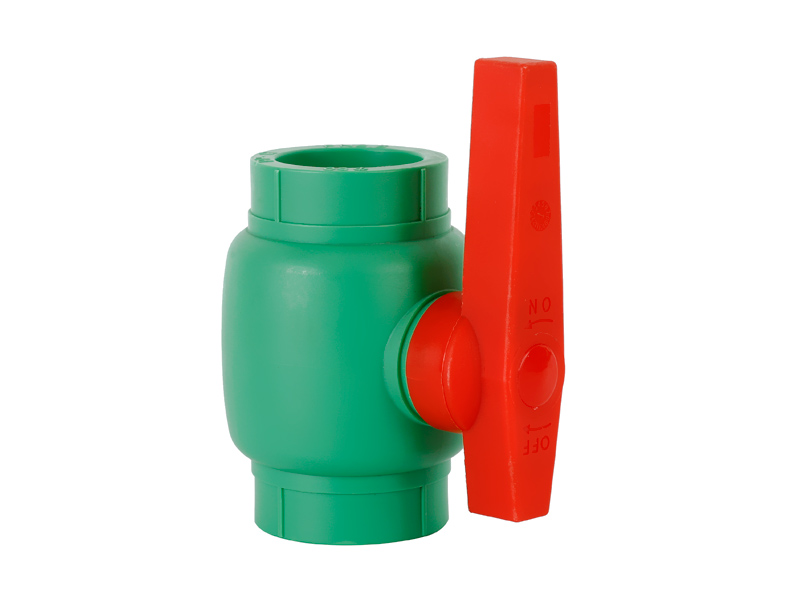
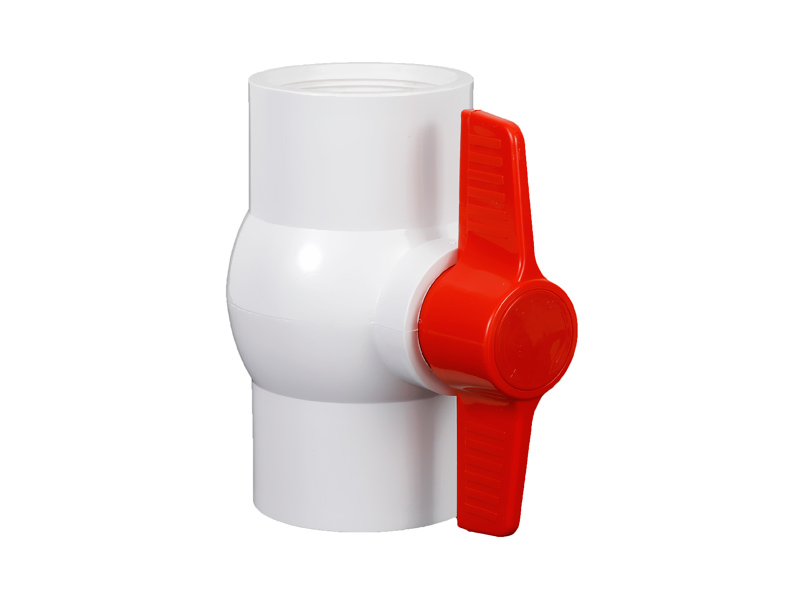
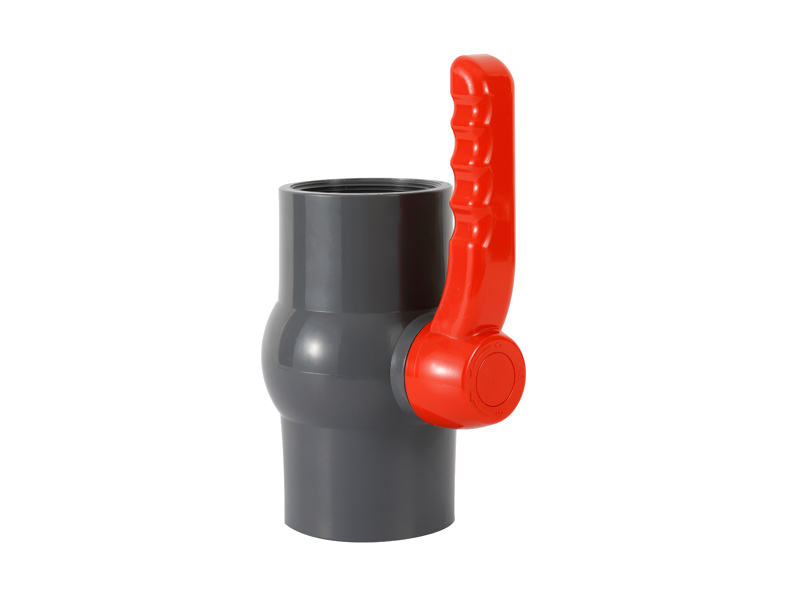
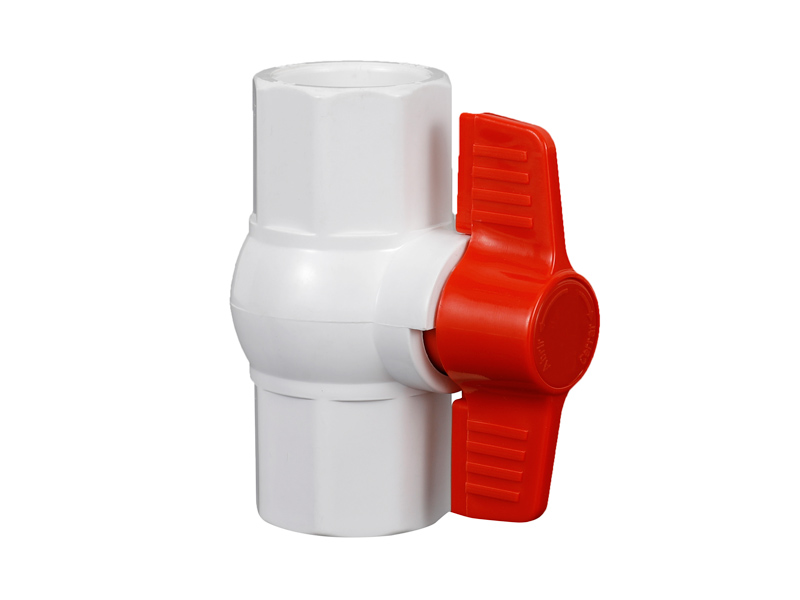
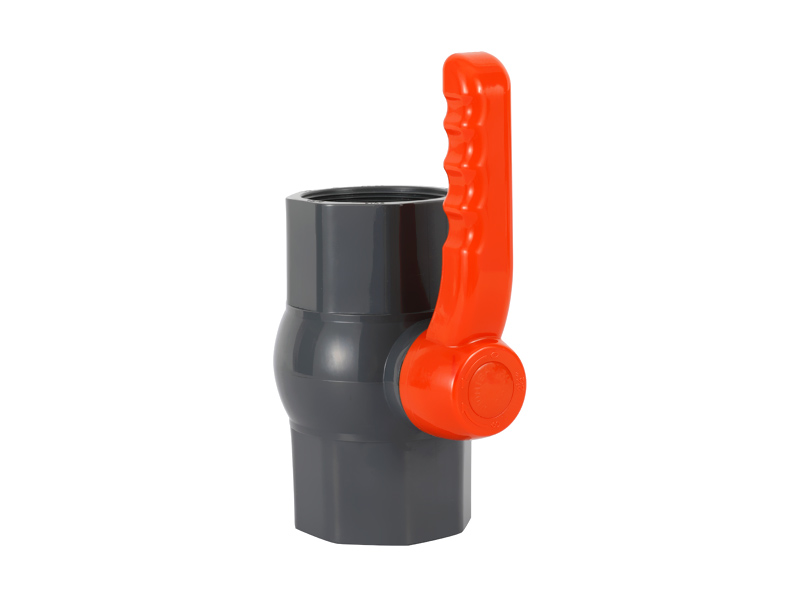
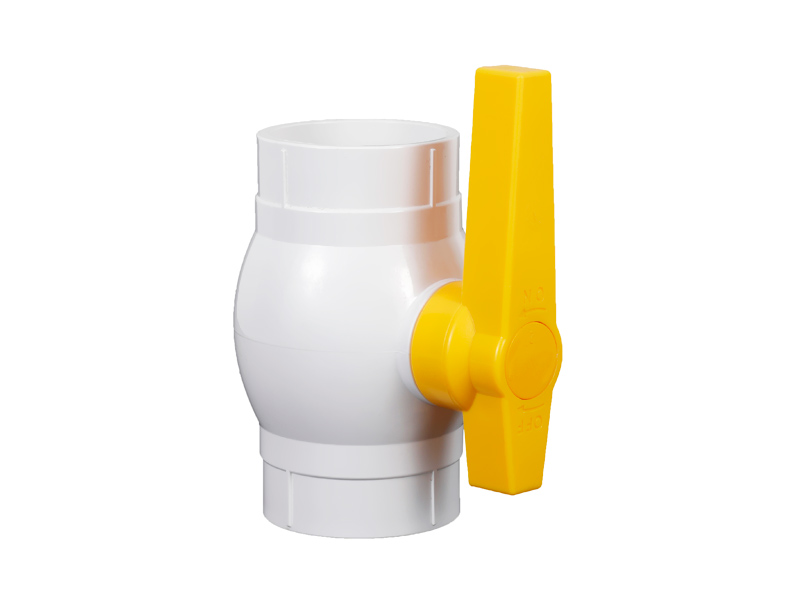
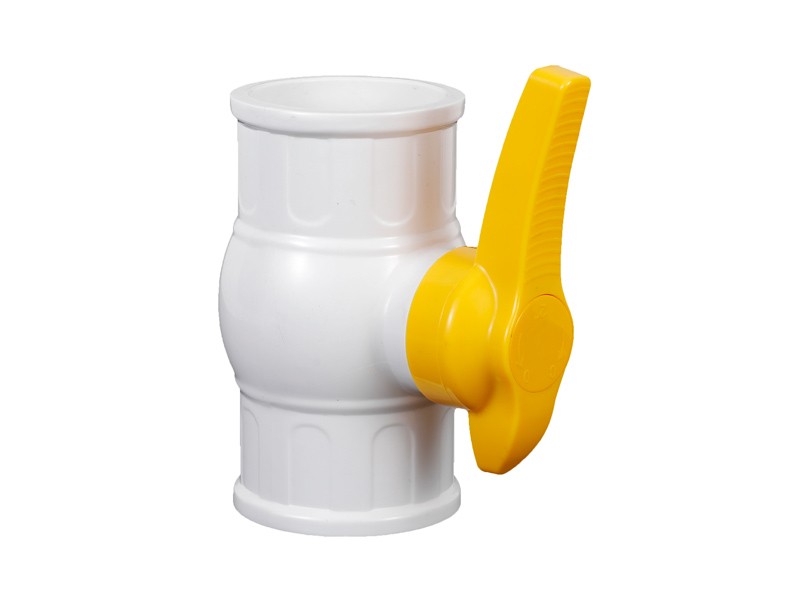
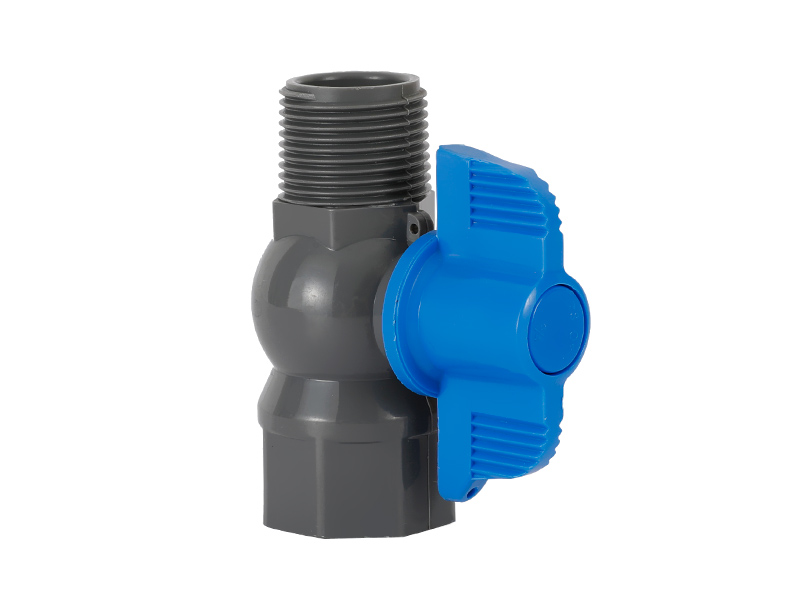
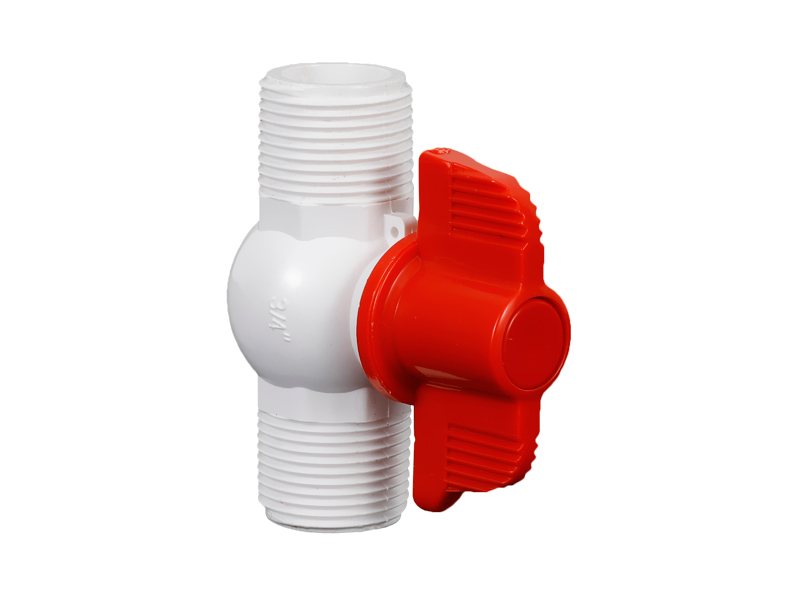

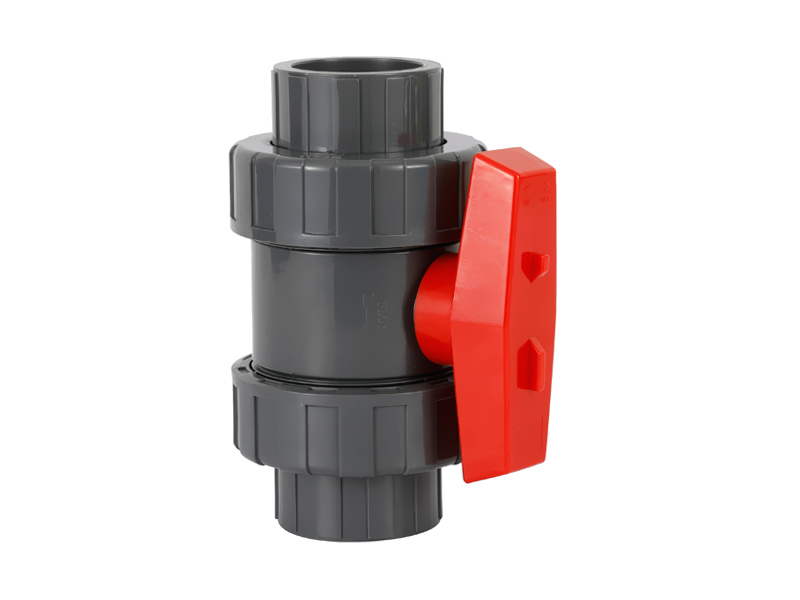

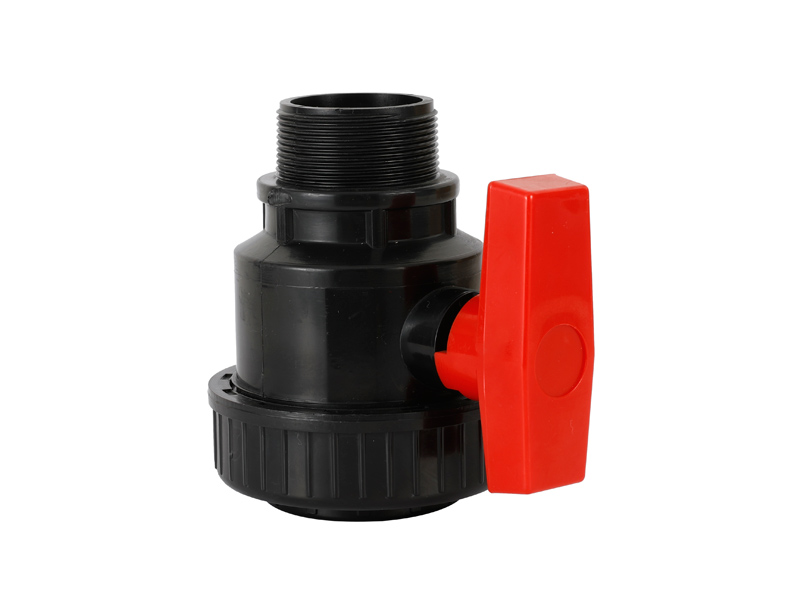
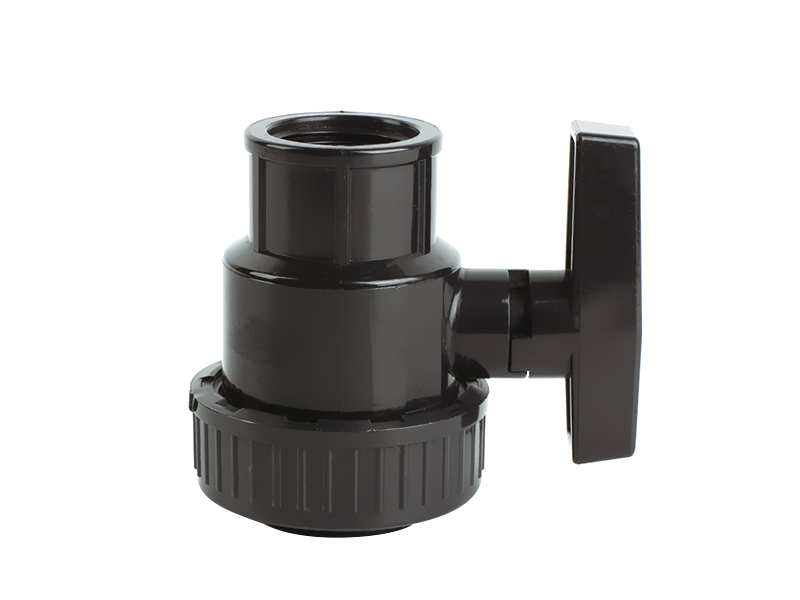
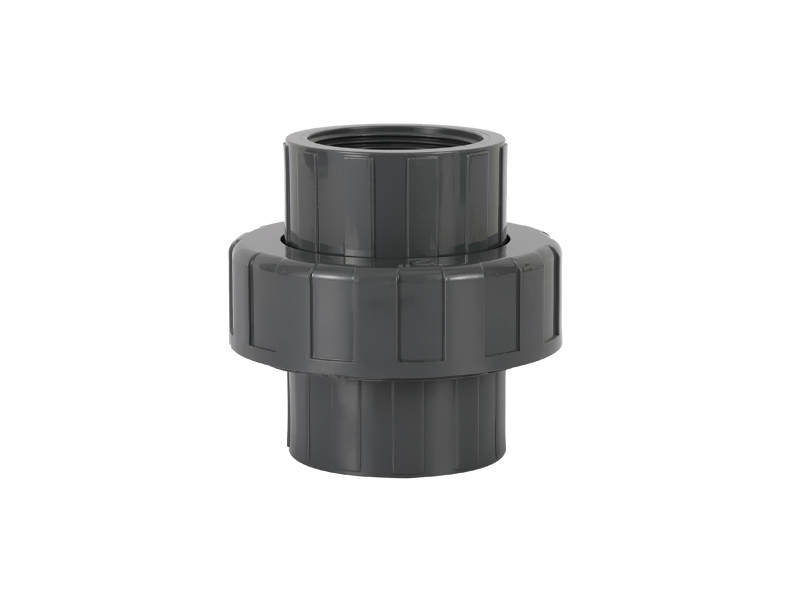
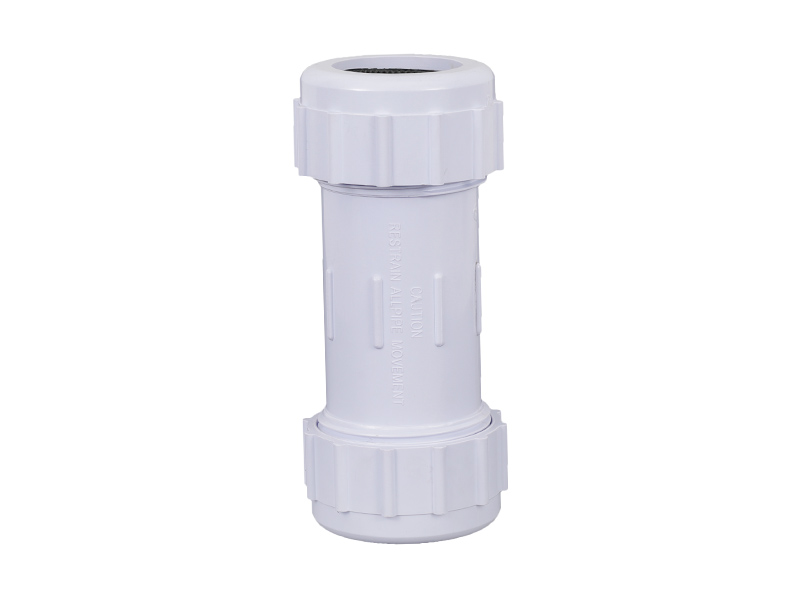
In the world of industrial valves, UPVC (unplasticized […]
In the world of industrial valves, UPVC (unplasticized polyvinyl chloride) has emerged as a popular material for manufacturing various types of valves, including ball valves. Among the different variants of UPVC ball valves, the compact ball valve has gained attention for its unique design and functionality. With its compact size, low weight, and excellent chemical resistance, UPVC compact ball valve has found applications in various industries such as chemical, water treatment, and agriculture.
The UPVC compact ball valve is a type of quarter-turn valve that operates by rotating a ball with a hole in the middle. When the ball is turned 90 degrees, the hole aligns with the pipeline, allowing the fluid to pass through. When turned back, the hole is blocked, stopping the flow. The compact design of the valve allows it to be installed in tight spaces, making it ideal for situations where space is limited. Moreover, the UPVC material used in the valve makes it resistant to chemicals, corrosion, and abrasion, increasing its durability and longevity.
One of the major advantages of the UPVC compact ball valve is its cost-effectiveness. Compared to other materials such as stainless steel or brass, UPVC is less expensive, making it an attractive option for businesses that need to keep their costs low. Additionally, the compact design of the valve reduces the amount of material required for manufacturing, further lowering the cost.
The UPVC compact ball valve has found applications in various industries such as chemical, water treatment, and agriculture. In the chemical industry, it is used to control the flow of chemicals and prevent leaks. In water treatment plants, it is used to regulate the flow of water and prevent contamination. In agriculture, it is used to control the flow of fertilizers and pesticides.
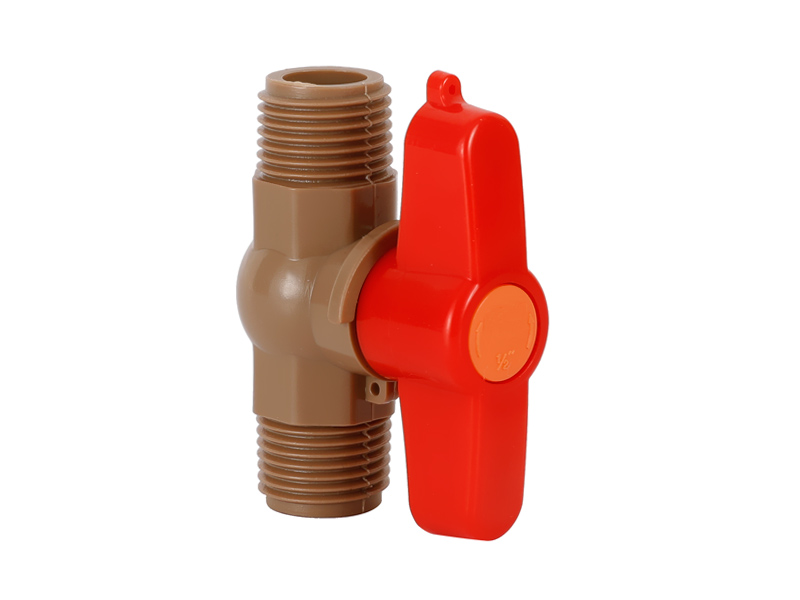
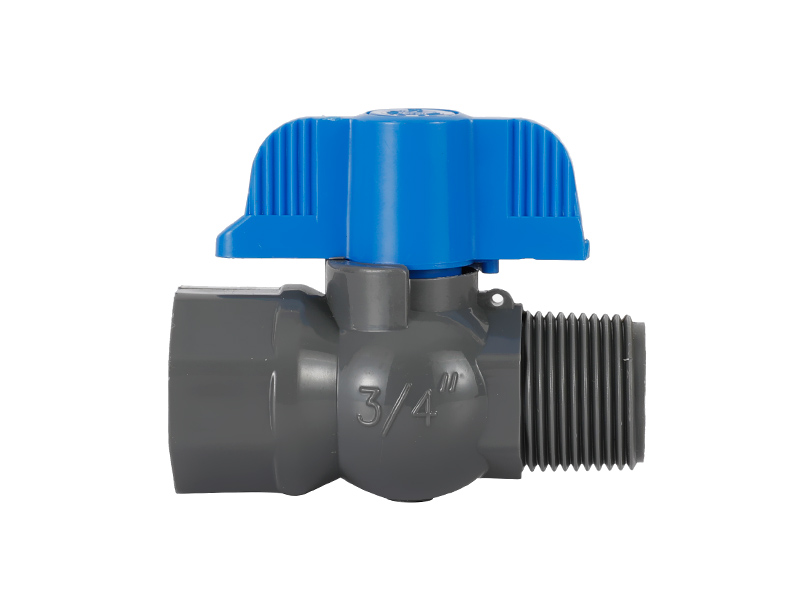
The male ball valve design is a key characteristic...
MORE >>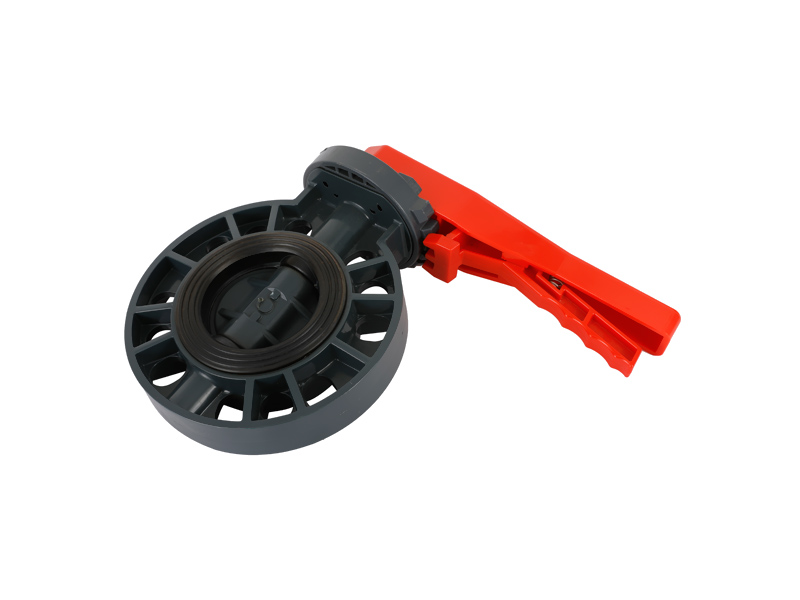
In today's modern world, efficient and reliable wa...
MORE >>
Copyright ©All rights reserved:Zhejiang Xier Plastic Valve Lead Co.,LTD. PVC Ball Valves Manufacturers Technical support: HWAQ  浙公网安备 33060402001174号
浙公网安备 33060402001174号

 English
English España
España عربي
عربي